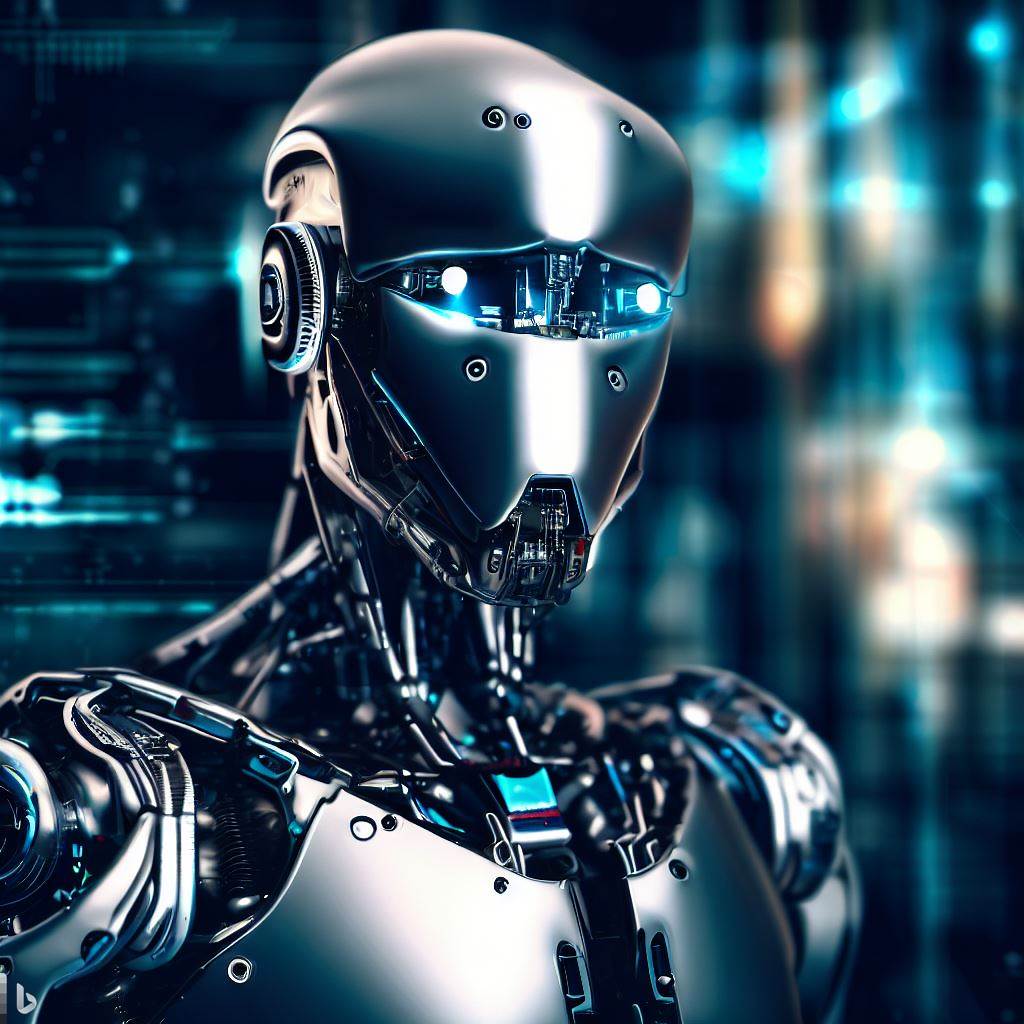In the realm of technological advancements, Artificial Intelligence (AI) has emerged as a transformative force, captivating our collective imagination and reshaping various aspects of our lives. But what exactly is AI? How does it work? And why is it important? This article aims to delve into these questions, providing a comprehensive exploration of AI’s meaning, its underlying processes, and its profound significance in today’s world.
Defining AI
At its core, AI refers to the development of computer systems that can perform tasks that typically require human intelligence. It encompasses a broad range of technologies and techniques that enable machines to simulate cognitive functions such as learning, problem solving, perception, and decision-making. From self-driving cars to voice assistants, AI has become ubiquitous in our daily lives, revolutionizing industries across the globe.
The Process of AI
The process of creating AI systems involves several key components. Machine learning lies at the heart of AI, enabling machines to learn from data and improve their performance over time. Algorithms, statistical models, and neural networks provide the foundation for training AI models to recognize patterns, make predictions, and make informed decisions. Data collection, preprocessing, and feature engineering are crucial steps in preparing the input for AI algorithms. Iterative feedback loops and continuous learning allow AI systems to adapt and refine their performance based on new information.
Applications and Impact
AI has permeated countless industries, offering a vast array of applications. In healthcare, AI aids in diagnosing diseases, analyzing medical images, and developing personalized treatment plans. In finance, AI enhances fraud detection, automates trading strategies, and optimizes risk management. AI-powered chatbots and virtual assistants revolutionize customer service and improve user experiences. The potential of AI extends far beyond these examples, with innovative applications continuing to emerge across diverse sectors.
The Importance of AI
The significance of AI lies in its ability to address complex problems, increase efficiency, and unlock new possibilities. It has the potential to augment human capabilities, enabling us to tackle once insurmountable challenges. AI-driven automation streamlines processes, reducing errors and increasing productivity. It enhances decision-making by providing valuable insights from vast amounts of data. AI also has the power to drive scientific discoveries, accelerate research, and address societal issues such as climate change and healthcare disparities.
Ethical Considerations
As AI becomes more sophisticated, ethical considerations become paramount. Questions surrounding privacy, bias, accountability, and transparency arise. Striking the right balance between innovation and responsible development is crucial. Safeguarding against the misuse of AI, ensuring fairness and inclusivity, and addressing ethical concerns must be integral parts of AI’s journey forward.
Summary
Artificial Intelligence represents a paradigm shift in technology, shaping our present and shaping the trajectory of our future. With its remarkable ability to learn, reason, and adapt, AI has the potential to redefine industries, enhance human lives, and contribute to solving some of the most pressing global challenges. By understanding AI’s meaning, unraveling its processes, and appreciating its profound importance, we can embrace its transformative potential responsibly, fostering a future where humans and machines collaborate for the greater good.



